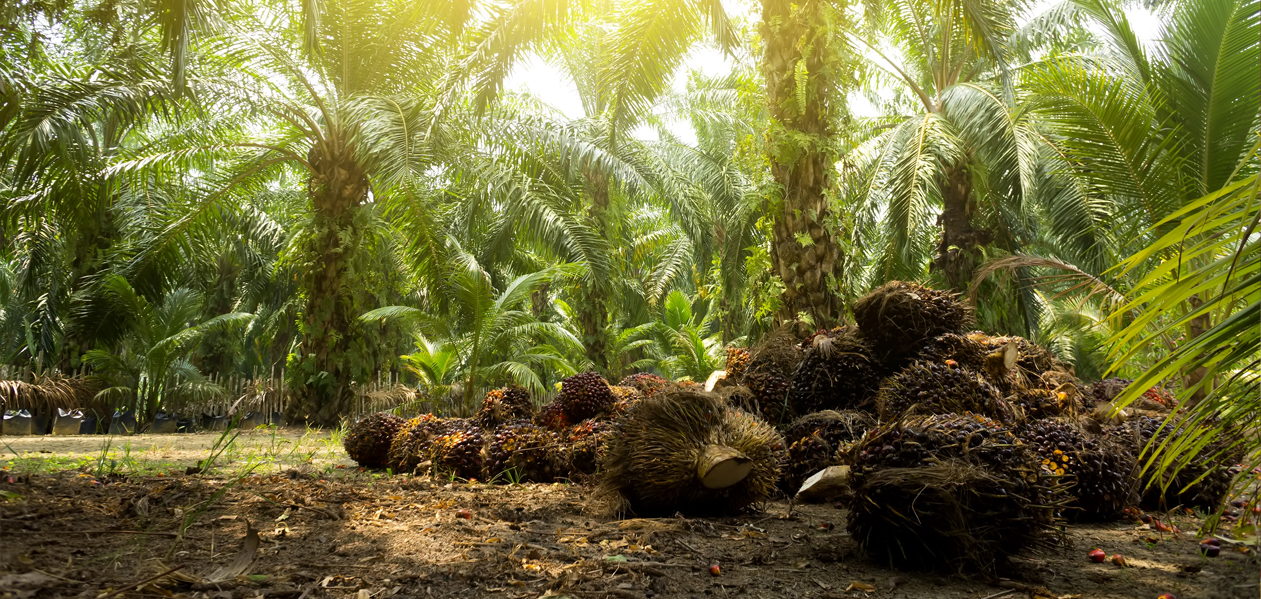Thoughtful practices help the Malaysian palm oil industry thrive
The Malaysian palm oil industry plays a crucial part in the global oil and fats industry. This modern nation is the world’s second largest producer of palm oil. Its 14.5 million acres (5.85 million hectares) of oil palm trees provide 8.8% of the total edible oil consumed worldwide. What is most impressive, however, are the practices this forward-thinking nation has put into place for its palm oil industry. These investments have helped its people thrive and have earned the country the respect of many.
Palm oil is important to Malaysia
While Malaysia is a high-tech country, with electrical equipment and circuits accounting for more than one third of its gross domestic product (GDP) palm oil plays an important role in Malaysia’s fast-growing economy. This ancient ingredient accounts for 4.2% of the country’s GDP. More than 500,000 family farmers tend the lush plantations while millions more depend on the industry for their livelihood. Smart investments, research and innovations have helped the palm oil industry thrive despite global challenges.
Challenges lead to industry-leading efficiencies Malaysian Palm Oil Council (MPOC) CEO Datuk Dr. Kalyana Sundram explains that the industry pays a premium salary to attract workers, and why this has led to innovation.
“Higher wages to palm oil workers does challenge our competitiveness in the global market for vegetable oils. To offset the higher labor costs, the Malaysian palm oil industry has invested heavily into research and development into things like mechanization to increase operational efficiency in the plantations. In addition, industry is actively using oil palms capable of higher oil yields per hectare from the current 4 metric tons to at least 6 metric tons per hectare.”
“Overall plantation management practices are being improved continuously while reducing costs where applicable. All these efforts also contribute towards meeting sustainability and certification criteria as the country moves towards mandatory certified sustainable palm oil through the Malaysian Sustainable Palm Oil standards.” Malaysia’s certification program, first launched in 2015, is quickly becoming known around the world as an indicator of quality.

“The research investments are a continuing factor in order to keep Malaysian palm oil competitive in the vegetable oils market. This is not an easy task when other palm oil producing countries have a much cheaper labor force or other vegetable oils like soy or rapeseed can use heavy mechanization to plow and harvest their crops. We cannot do that yet with palm oil. The oil palm plantations and even the family-held small farms still need workers to tend to each and every tree whether it is for maintenance or harvesting,” added Sundram.
“That said, we at the MPOC are proud of the fact that our industry not only provides an affordable cooking oil to nearly 160 countries around the globe but we’re equally proud of the fact that the Malaysian palm oil industry provides good jobs to so many.”
Credit: https://www.palmoilhealth.org/news/thoughtful-practices-help-the-malaysian-palm-oil-industry-thrive/









Leave a Reply